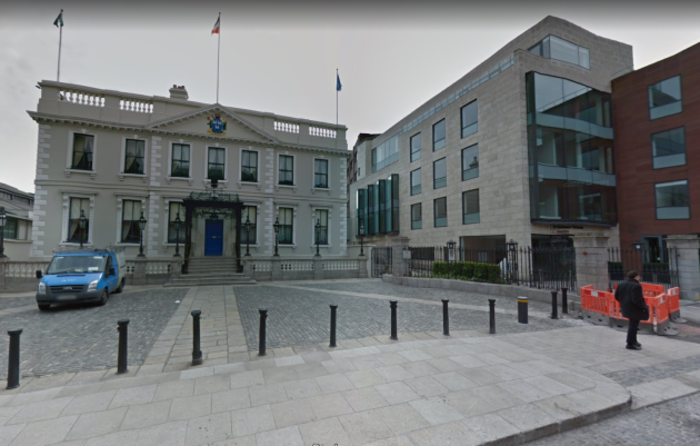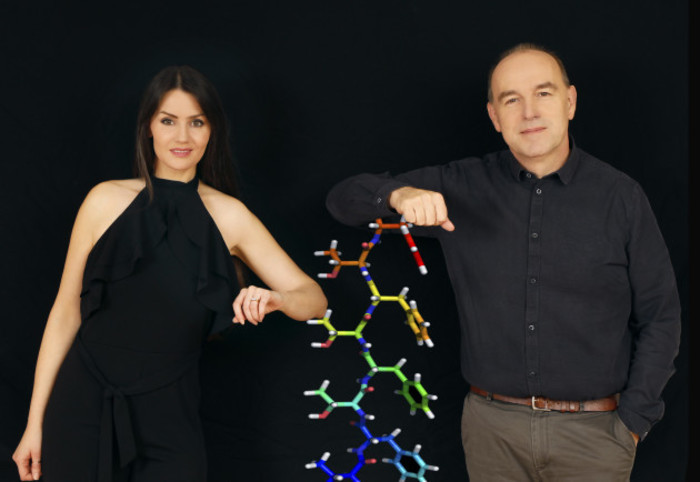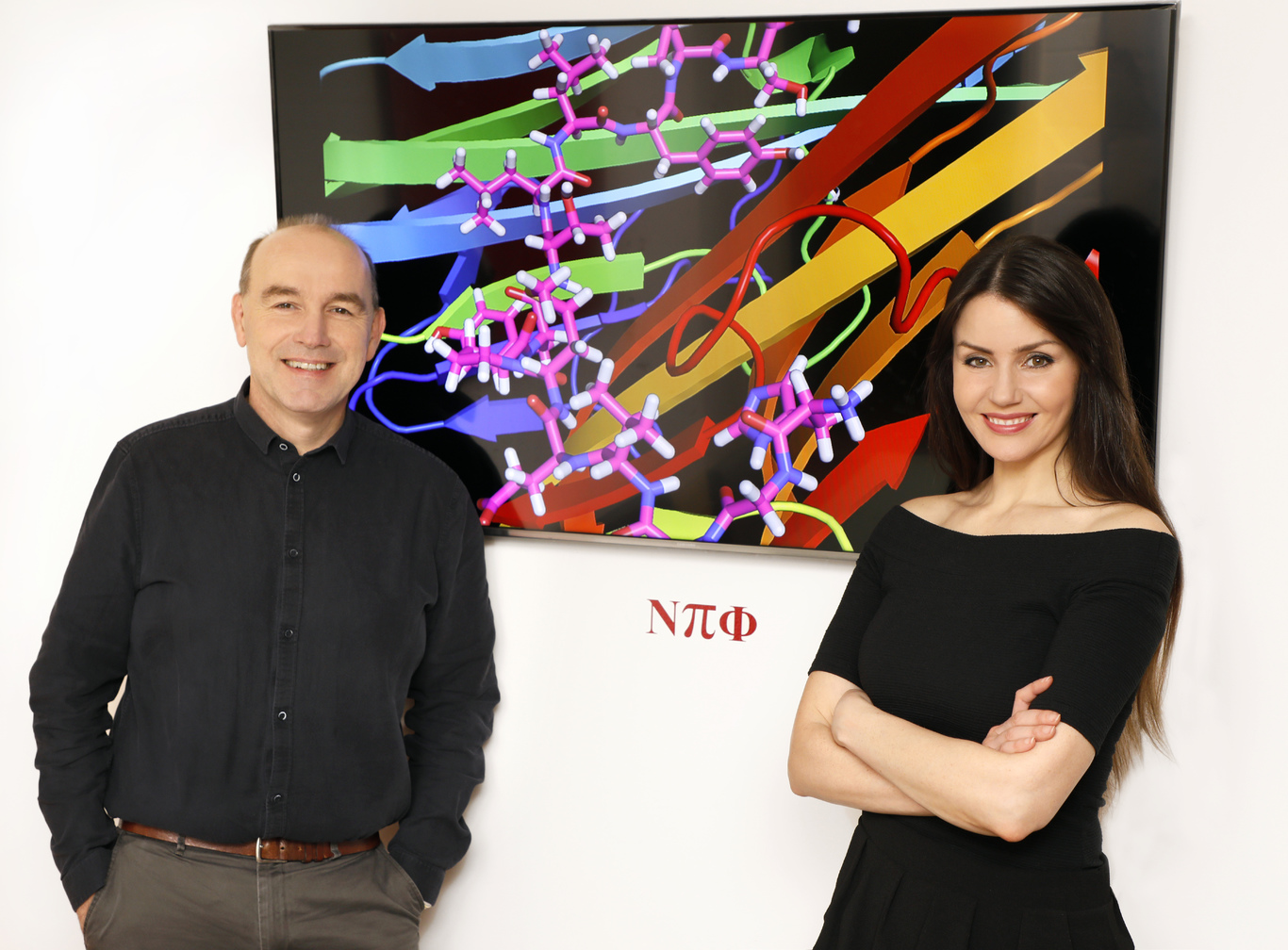What Nuritas is cooking up in its new Dublin lab next to the Lord Mayor's house
The startup recently sealed a €16 million funding round.
NURITAS HIT SOME pretty big milestones in 2017, but there’s still something itching at its chief executive’s nerves.
The early-stage biotech firm, founded by Dr Nora Khaldi, specialises in studying the core components of food to isolate active ingredients that can help improve human health.
Since it was set up, the company researched ways to prevent diabetes through nutrition and it made a major breakthrough when it discovered a peptide that has the capacity to kill the bacterial infection known as MRSA.
Last year, the four-year-old startup commercialised its first product and bagged a €16 million investment round. But from chief executive Emmet Browne’s perspective, Nuritas could be doing much more.
“We know we could have done more business if we had enough people,” he tells Fora.
“Our greatest constraint at the moment is the sheer number of people we have and having the space to be able to perform.”
But that’s about to change in 2018. The company recently secured planning approval to open a new laboratory in the guts of Dublin’s city centre with capacity for a planned threefold increase in headcount to nearly 100 staff.
The lease might not be signed yet on the Dawson Street site next to the Lord Mayor’s Mansion House, but the building plans will allow Nuritas to create five purpose-built laboratory units on the first floor.
There is also provision for a number of plant rooms, several meeting rooms, a small data centre and a significant amount of open-office space.
“The office is very much a car to go from A to B. For us it’s a necessity because, for the people we want to draw in, they’re going to want to be around vibrant communities,” says Browne.
 Nuritas's new office (right)
Nuritas's new office (right)
Funding
Bankrolling the major expansion is the €16 million series A funding round the company raised at the end of last year, which brought total investment in the firm up to the €25 million mark.
The latest round of funding was led by Chicago investment firm Cultivian Sandbox Ventures, but some more familiar, household names have also backed the fast-maturing startup.
U2’s Bono and The Edge were part of a €2 million funding round in 2016, while Salesforce’s billionaire founder Marc Benioff has also backed the company.
Browne was earlier recruited to join the firm having served as a regional president at Pfizer and president of business transition at Nestlé.
Now, as he expands Nuritas’s staff from 30 to 90 people, his pitch to potential workers is that they don’t need to follow his path into the clutches of a major corporation if they want to work with cutting-edge biotech.
“You don’t need to join foreign companies to be global. The opportunities are here if you’re good enough to come and join an Irish company at the beginning,” he says.
“You can grasp the opportunity rather than joining a company where there are thousands of people already and you’re at the back of the queue.”
He adds the company has no intention of taking any of its research and development operations abroad as it grows.
“I look around our small office at the moment and I can say decision making is here and it’s rapid. We don’t have to wait two months for something to go all the way up the chain and come back down from whatever headquarters is based outside Ireland.
“If something needs to be decided upon, Nora and I can sit down within half an hour and make a quick call if necessary.”
 Nora Khaldi (left) and Emmet Browne
Nora Khaldi (left) and Emmet Browne
Future
Browne is reluctant to give a steer on any financial milestones the company wants to hit, or even the names of companies Nuritas is working with.
He says a lot of their clients don’t want their rivals to know that they’re collaborating with the Dublin firm.
However Browne adds that Nuritas’s first product is due for imminent launch after a link-up with BASF Human Nutrition in January 2017.
The German multinational and Nuritas have been working together to discover peptides in existing food products that will have anti-inflammatory effects.
“It’s a key detail for us that the product is launched this year because for a healthcare company to turn something from (concept on a computer) to it being launched in the market in a short space of time is incredible.
“When I look back on that three years ago and the promise we had of doing that, it is a rapidly accelerated cycle.”
Even though the firm is now at the commercialisation phase after years of research, Browne isn’t expecting windfall profits yet. The firm was around €2.2 million in the red at the end of 2016, according to its latest accounts.
“We are aiming for profitability down the line but for us it’s about scaling up right now and answer all those calls for business.
“Even though we will have significant revenues coming in, it’s about building the environment, hiring the people and making sure we can be as responsive as we need to be.
“We need to get that right, and then profitability will surely come once we do all that.”





